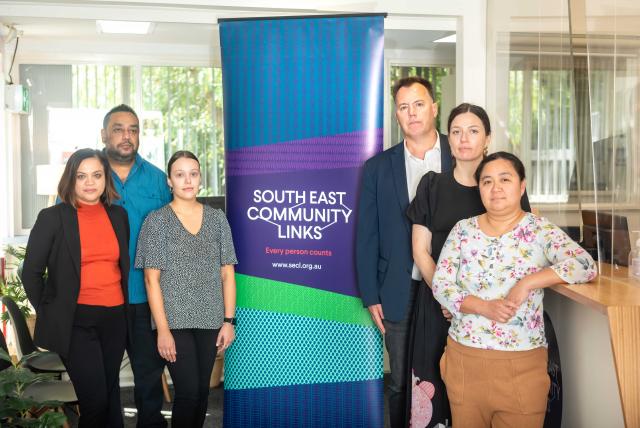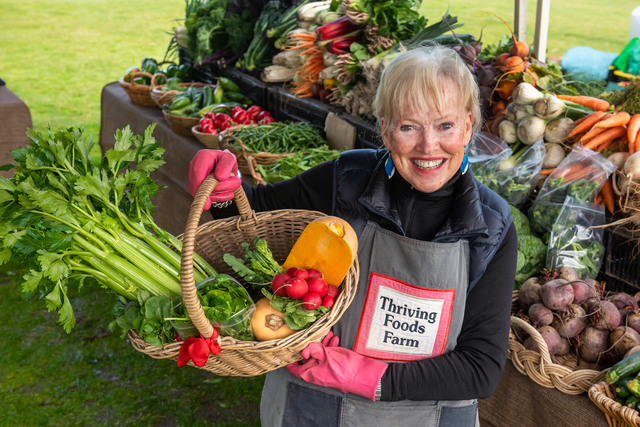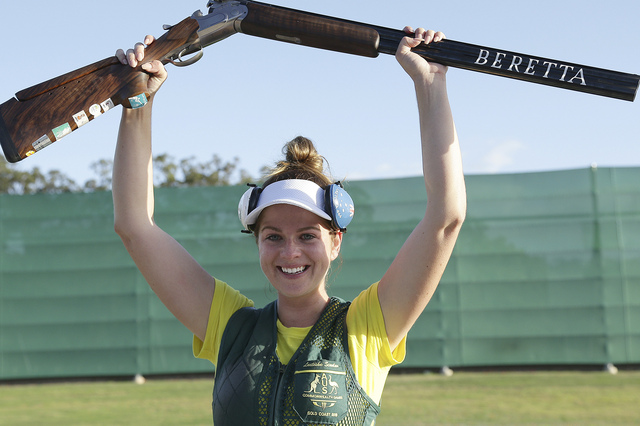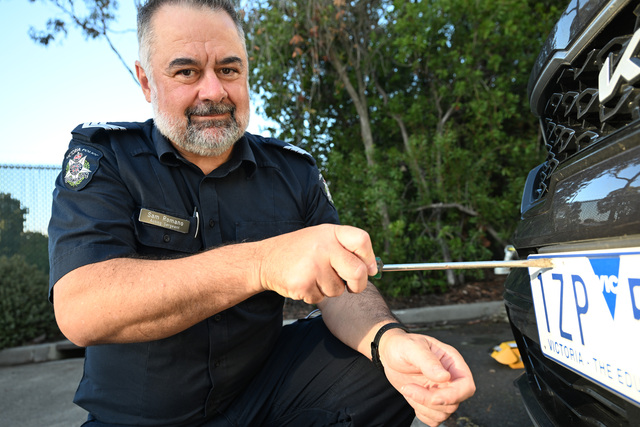Support services are seeing an alarming increase in number of people needing financial counselling for mortgage stress.
South East Community Links (SECL) chief executive Peter McNamara says people were falling off a “mortgage cliff” with 165 per cent more people reporting housing costs as the reason for seeking material aid in the past year.
SECL serves the biggest mortgage belt in Australia which also includes City of Greater Dandenong, City of Casey and Cardinia Shire, Mr McNamara said.
Almost 90 per cent of its clients present with mortgage stress or cost of living pressures while half on its financial counselling wait list have mortgages.
“While some argue that Australians have savings sitting in offset accounts, our clients on low incomes are often unprepared for an increase in mortgage payments, leading to financial difficulties and the risk of defaulting on their mortgage,” Mr McNamara said.
SECL worked closely with banks to negotiate on behalf of their clients but in reality, no one was expecting to see 10 interest rate increases in a row and more likely to come, he said.
Enquiries in its financial counselling service are up by 20 per cent since last year, where wait times would’ve been around four weeks. Today, that has risen to three months.
According to SECL financial counselling cases are more complex now with 25 per cent of cases involving family violence victim-survivors.
One in three female clients have experienced financial abuse at the hands of their partner, Mr McNamara said.
The Dandenong-based Cornerstone agency provides a wide range of community services such as emergency relief and community meals to the homeless and anyone who struggles to make ends meet.
Its chief executive Naomi Paterson says “people who haven’t struggled to pay their mortgage in the past suddenly are (struggling) – or they’re struggling to pay their rent”.
“Because of that it’s a struggle to put meals in their kid’s lunch boxes.
“We have different parcels that we would give to a rough sleeper who doesn’t have cooking facilities compared to someone from migrant or asylum seeker family who would use a lot of whole food.
“We get a lot of rough sleepers. They’ll come to us for a hot meal, a cup of coffee and a chat, shower to get their laundry done but also they come to us with significant long-term struggles, challenges and very complex needs.”
Cornerstone works with Dandenong Project Zero to identify rough sleepers and involve agencies working together to get a good housing outcome for that person.
However, there are many bottlenecks in the system.
The housing crisis is also making it difficult for organisations like WAYSS to provide long-term rental accommodation for families.
Wayss homelessness and housing general manager Shari McPhail recently told Star Journal that “the capacity for us to assist is diminishing”.
“We’re using government funds for crisis accommodation more than for getting people in affordable, long-term housing.”
In new Census data, City of Greater Dandenong topped the state for levels of homelessness, up by 22 per cent in five years.
In 2021, there were 2366 experiencing homelessness in Greater Dandenong – equivalent to one in 67 residents.
Almost half (1111) in Greater Dandenong were crammed in “severely crowded” homes, 22 dwelled in tents 382 in supported housing for homeless people, and 45 were temporarily staying in other households.
“Despite the State Government’s Big Housing Build, which has been a terrific investment in social and affordable housing, we’re decades behind in social housing per capita,” Ms McPhail said.
Federal Housing and Homelessness Minister Julie Collins has renewed $67.5 million funding to cover wage costs for homelessness services, in the wake of alarming homelessness data.
“Too many Australians were experiencing homelessness on Census night (in 2021),” Ms Collins said.
The funding will continue up until the Government begins its National Housing and Homelessness Plan in 2024-‘25.
Council to Homeless Persons chief executive Deborah Di Natale said it ensured $23 million for 200 homelessness support staff in Victoria to continue their “invaluable work”.
“That’s absolutely crucial funding at a time when official Census data shows homelessness in Victoria rose 24 per cent over the past five years.
“More than 30,600 people are homeless in Victoria – it’s never been more important to have strong support services in place,” Ms Di Natale said.
The Government has introduced a Bill to establish the $10 billion Housing Australia Future Fund.
It aims to deliver 30,00 social and affordable homes across Australia in its first five years.







